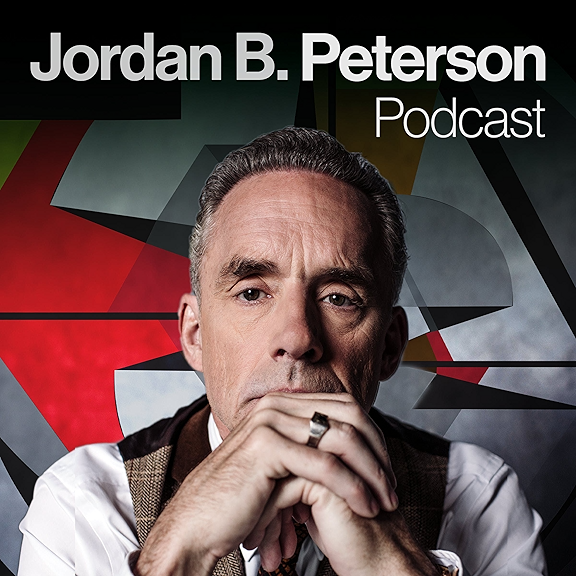
Your brain does not care if your internal representations bear no more than a fleeting resemblance to reality. It distorts, omits, and even deletes parts of your perceptual experience, depending on your tendencies and your temperament. It is this neurological ambiguity that transforms mere spectres of the imagination into all manner of tangible things, ranging from utilitarian to useless. Thoughts themselves are the cornerstones of this imaginative capacity. Merely recalling a memory rearranges its previous associations by changing its connection to other neuronal circuits. Your thoughts actually affect the neurological functioning of your body, from the actions you take thenceforth, to the subtle physiological functioning of the body that constitutes its general health and wellbeing. So, optimism is essential for maintaining a healthy brain and body while also propelling you forwards with eagerness and alacrity.
While positive thoughts neurologically suppress negative thoughts, a fearful and pessimistic attitude to life can quickly spiral into the void of depression. Focussing on things that make you frightened and angry trigger the same priming of the bodily system as biological imperatives and genuine threats do. If you are someone who focuses excessively on the negative aspects of yourself or your life, your brain’s limited pool of energy is rapidly depleted by the hollow pinging back and forth of areas of your system in response to imagined threats. Simply focussing on an image of benevolence or compassion, or one that give you hope for at least twelve minutes a day in a quiet space, will build and strengthen new positive neural circuits which will, in turn, interrupt and suppress the negative neurological tendencies that only find outlet in anger and fear. When you change how you focus your attention, you change the way you think and as you begin to think more positively, you begin to change your outward circumstances for the better.
This is a public episode. If you would like to discuss this with other subscribers or get access to bonus episodes, visit podcard.substack.com




















